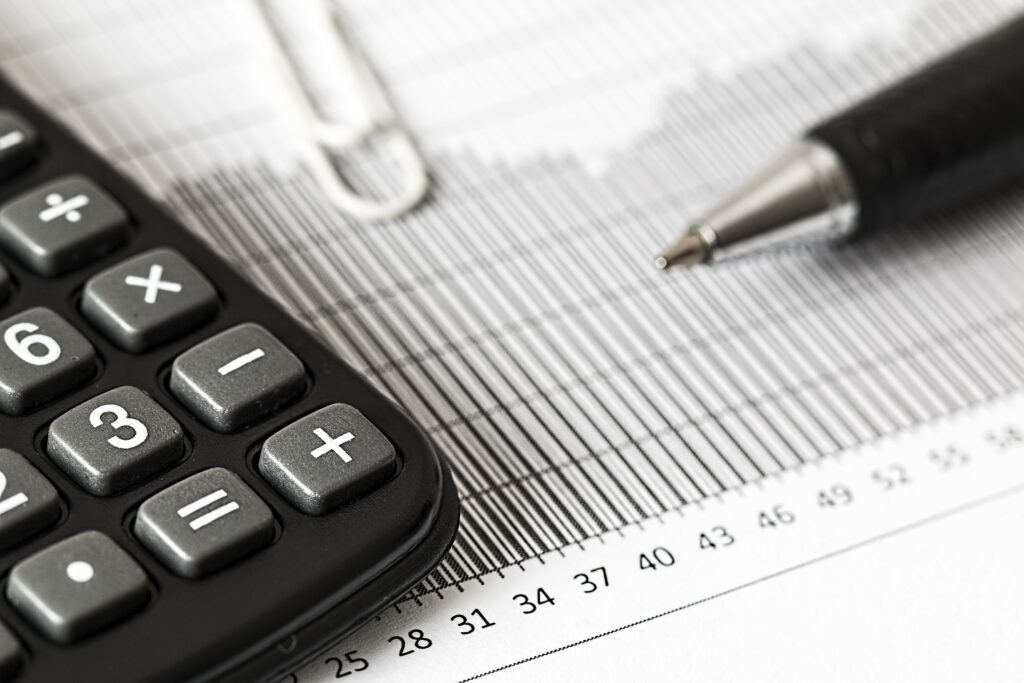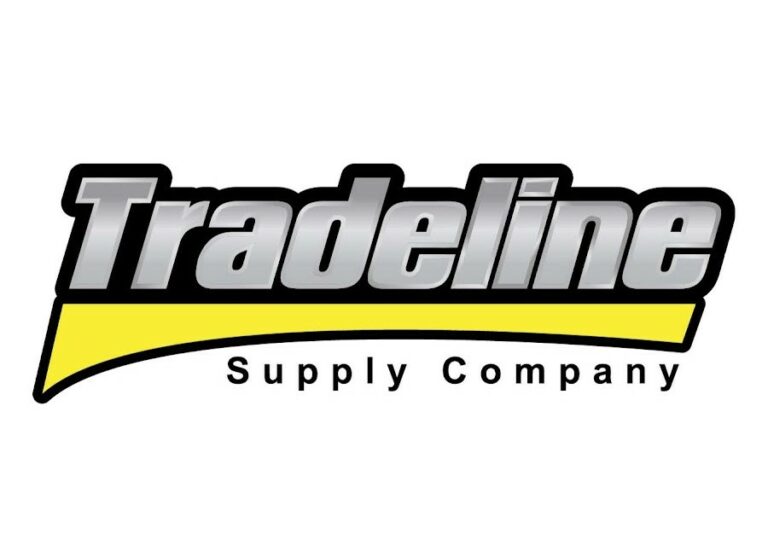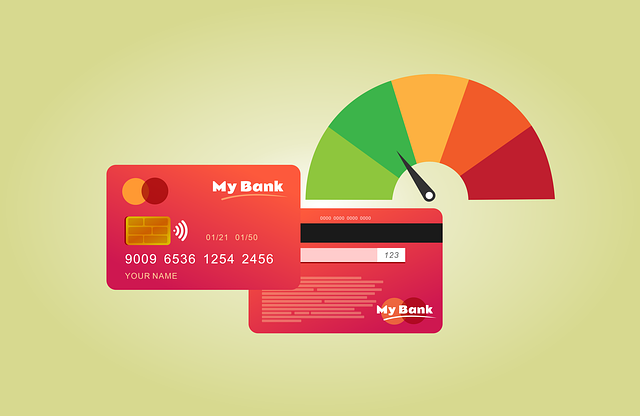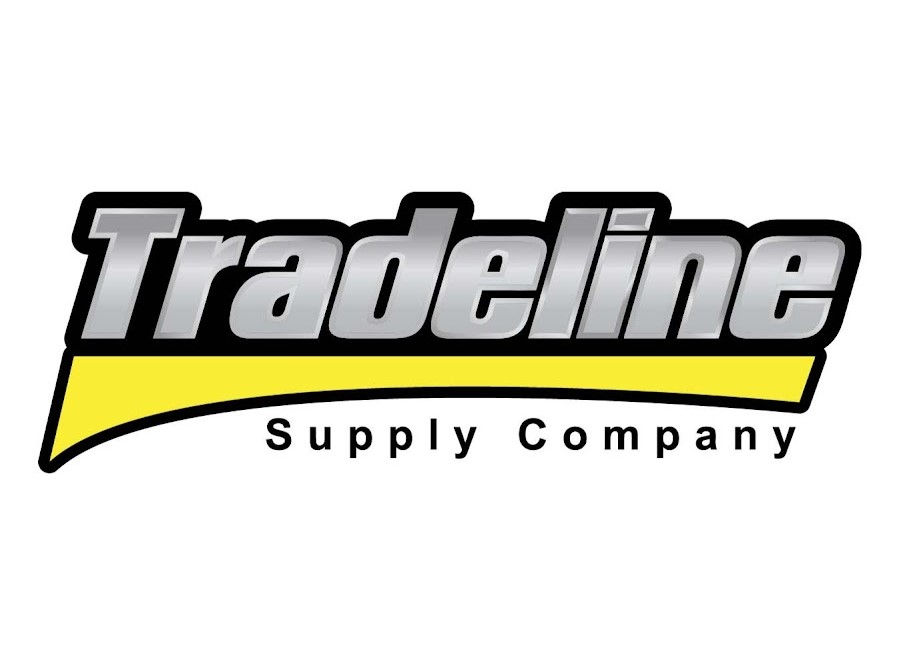What are SBA Loans?

SBA loans are various small business financing packages available through the US Small Business Administration (SBA) and its lender partners. The SBA oversees the program and partially guarantees the loans – up to 85% in some cases.
Because of the government guarantee, SBA lenders can offer the highest borrowing amounts at the lowest interest rates and most extended repayment terms. The low-cost financing makes SBA loans the most sought-after financing products for small businesses.
There are several small business loan packages available.
SBA 7(a) Loans
The 7(a) loan is the most common loan type in the loan program. The maximum loan amount is $5 million with terms up to 10 years or 25 years if purchasing commercial real estate. Interest rates are pegged to the Prime rate and the SBA limits how much interest lenders can charge. SBA 7(a) loans provide the most diverse use of funds.
SBA 504/CDC Loans
The 504 loan is intended for purchasing commercial real estate, equipment, or other major fixed assets. You must work with a Certified Development Company (CDC) for 504 loans.
The project you’re funding must create jobs, improve local economic development, or meet other policy goals. You can get up to $5 million with terms of 25 years for commercial real estate or 10 years of all other purposes. Rates fluctuate, but in most cases, the interest rate totals 3% of the loan amount.
Community Advantage Loans
The SBA Community Advantage loan is a pilot program under the 7(a) loan program. It follows many of the same processes, but loan amounts only go up to $350,000. Small businesses must work with a Community Advantage lender or “CA Lender.” The program is intended to stimulate economic growth in underserved communities.
SBA Disaster Loans
The SBA provides a special business loan program for companies impacted by a disaster, such as a hurricane or a tornado. During the Covid-19 pandemic, loans were made available to affected businesses through Economic Injury Disaster Loans (EIDL).
Small business owners must first check if they’re in a declared disaster area. If so, they apply directly to the SBA. Disaster loans are the only loan program where the SBA directly approves and funds the loans. You can get up to $2 million with repayment terms of up to 30 years. Payments are usually deferred for the first year. Interest rates run between 2%-3%.
SBA Microloans
Microloans provide entrepreneurs with up to $150,000 for startups or younger businesses. The interest rates for these loans are generally higher, but the qualifications are much lower.
SBA Express Loans
As the name implies, Express loans are intended to expedite the approval and funding process. The SBA approves the guaranteed portion within 36 hours. The lender’s underwriting process could take longer.
Loan amounts go up to $500,000 with terms of seven years for lines of credit, 25 years for commercial real estate, and 10 years for all other purposes. Interest rates vary but cannot exceed the Prime rate + 6.5%.
How do SBA Loans work?

The SBA does not service the loans or provide funds. Instead, you must apply to an approved SBA lender. SBA-approved lenders are one of three types of lending platforms: a commercial bank, a credit union, or an alternative business financing facilitator, like United Capital Source. Participating lenders apply to the Small Business Administration for the right to offer SBA loans.
The first step is deciding which type of SBA loan you want and then finding a lender that services that loan. If you’re unsure which SBA loan is best for you, some lenders will help you find the right package for your needs.
Then, you will apply to the lender. Be warned that each SBA lender sets different qualifications and application requirements. It would be best if you took some time to contact lenders and compare rates, fees, application processes, funding times, and any other questions you have.
You can use the SBA Lender Match tool to help find participating lenders that meet your needs. You can also review the best SBA lenders.
After you apply, the lender submits a request to the SBA for the guaranteed portion of the loan. Once the SBA agrees to the guaranteed portion of the loan proceeds, the lender finishes the underwriting process and closes the loan.
Depending on the type of loan, the lender, and documentation requirements, closing and funding a loan can take anywhere from 60 to 120 days. Online lenders are usually able to move faster on SBA loans than traditional lenders like commercial banks.
Can I use SBA loan funds for personal use?

The short answer is no, but there are some exceptions. SBA loan funds must be used for legitimate business purposes. You cannot purchase personal assets or pay off personal debts with the loan proceeds. The SBA guidelines specifically state: “An SBA-guaranteed loan cannot be made solely to an individual.”
There are a few cases in which some of the funds can technically be used for personal reasons. However, you must make a case that it counts towards a business function or purpose. When you apply for an SBA loan, you must define how the loans will be used.
We should caution you about the SBA’s oversight of using loan funds. You’re dealing with a government agency, and using the loan funds for unapproved purposes can cause serious financial or even criminal repercussions. There are cases of the Department of Justice taking legal action against business owners who used SBA loan funds to purchase luxury items, cars, and more.
That being said, the below situations should be okay. However, always check with your lender before using any of the strategies below.
SBA Loans for Payroll
One of the business purposes of SBA loans is to use the money as working capital, which includes making payroll. As a business owner and operator, you can collect a salary from payroll.
You must pay yourself a reasonable rate for the services rendered. If so, you can use SBA working capital funds to pay yourself.
Paying Off Credit Card Debt Used for Business Purposes
Some small business owners use personal credit cards to finance business expenses, especially when launching a new company. You can use SBA loan funds to pay off credit card debt, but you must be able to prove the money charged to the credit card(s) was used for business expenses.
You will need to provide credit card statements detailing the business expenses. There is a lot of scrutiny around the misappropriation of SBA loan funds, so be sure to keep your records clear and available.
Paying of Home Equity Lines of Credit Used for Business Purposes
Like the credit card example above, some small business owners use a home equity line of credit to fund business expenses. Since the money was used for business purposes, you can pay off or refinance this debt with certain SBA loan funds. Again, you must have detailed documentation showing how you used the funds for your business.
How do I qualify for an SBA loan?
Qualifying for an SBA loan is complicated. You must meet the SBA’s eligibility criteria, but each lender sets different requirements.
SBA Eligibility Criteria
Your business must:
- Be a for-profit business.
- Operate and be physically located in the US or its territories.
- Meet the small business size standards as defined by the SBA.
- Not be eligible for or receiving loan funds elsewhere (SBA loans are “last resort financing”).
As the business owner and applicant, you must:
- Have invested time and money (equity) into the business.
- Possess a commitment to success and relevant management experience.
- Provide a personal statement attesting to having good character.
- Not be incarcerated, on parole, or on probation.
- Not currently be under indictment or other forms of criminal charges.
- Not have previously defaulted on federal loans, such as student loans.
- Own at least 20% of the company.
FICO® Small Business Scoring Service™ (SBSS)
The SBA uses SBSS to analyze a company’s credit. The SBSS aggregates the personal credit scores of up to five business owners (each at least 20%), the business credit score of the company, and financial data provided on forms 1919 and 1920. SBSS scores range from 0-300, and most businesses need a score of 155 to qualify.
SBA Lender Requirements
Each lender sets different requirements, but in general, you’ll need a good to excellent personal credit score, at least two years in business, and at least $250,000 in annual revenue. SBA 504 and Community Advantage loans require working with a specialized lender (CDC or CA lender, respectively). Those organizations may impose additional qualifications.
Approved businesses we work with here at UCS typically meet the following minimums:
- A credit score of 650+.
- 2+ years in business.
- $350k+ in annual revenue.
How to apply for an SBA Loan:
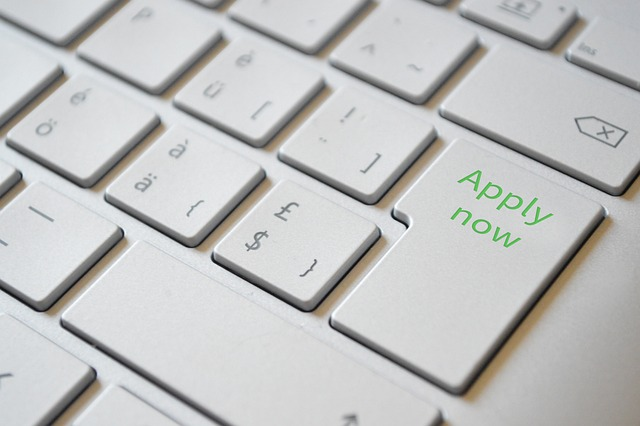
United Capital Source can help you apply to an SBA-approved lender following these steps.
Step 1: Ensure You Qualify
You’ll need a credit score between 650-700 and a healthy, consistent cash flow. How you intend to use the money plays a significant role as well. You’ll need a detailed plan of how the funds will help you invest in and grow the business.
Step 2: Gather Your Documents
Be prepared to provide:
- Driver’s License.
- Business license or certificate.
- Voided Business Check (for business bank account information).
- Bank Statements.
- Credit Report/Statement of Personal Credit History.
- Business Tax Returns.
- Credit Card Processing Statements.
- Personal Tax Returns – 3 Years.
- Business Tax Returns – 3 Years.
- Business Plan (Not in all cases).
- Personal Financial Statement.
- List of Real Estate Owned or Business Leases if applicable.
- Debt Schedule/Loan/Rent/Lease Documentation
- Deeds/Title/Ownership documentation for any collateral/Security
- Current Profit & Loss Statements and Balance Sheet Year-to-Date
- A/R and A/P Reports
- United Capital Source 1 Page Application
Step 3: Fill Out the Application
You can begin the application process by calling us or filling out our one-page online application. Either way, you’ll be asked to enter the information from the previous section along with your desired funding amount.
Step 4: Speak to a Representative
Once you apply, a representative will reach out to you to explain the repayment structure, rates, and terms of your available options. This way, you won’t have to worry about any surprises or hidden fees during repayment.
Step 5: Receive Approval
SBA Loans through our network generally take 3-5 weeks to process. Once approved and your file is closed, funds should appear in your bank account in a few business days.
What are the advantages of SBA loans?
SBA loans provide large borrowing amounts at affordable rates and extended repayment terms. The terms help reduce the impact of repayment on your cash flow.
You can use SBA loans to fund most business needs. Since there are multiple financing packages available, you should be able to find a loan for almost any business purpose.
Since the government partially guarantees the loans, lenders take less risk. Some traditional lenders, like commercial banks, might lower their qualification requirements for SBA loans.
What are the disadvantages of SBA loans?
Perhaps the most significant drawback is the time it takes to close and fund an SBA loan. Even when you work with an online lender, the process usually takes several weeks.
Part of why it takes so long to close and fund an SBA is because of the extensive documentation required. The application process takes a long time to complete.
While SBA loan qualifications might be slightly lower than those for a traditional bank term loan, it’s often more challenging to qualify for an SBA loan than online loans. For comparison, some online loan applications only take a few minutes to complete, and you can receive your funds the next day.
Most SBA loans require a down payment, called an “equity injection,” of at least 10%. You will have to sign a personal guarantee, and in most cases, you’ll need to provide collateral.
SBA loan pros & cons

Here’s a quick summary of the benefits and drawbacks of SBA loans.
Pros:
- Large borrowing amounts – up to $5 million.
- Low interest rates and long repayment terms.
- You can use the funds for a variety of business purposes.
- Usually easier to qualify for than a bank term loan.
Cons:
- It takes 30-120 days to close and fund most SBA loans.
- Long application process with extensive documentation requirements.
- More difficult to qualify for than most online small business loans.
- It almost always requires a down payment and collateral.
- Requires a personal guarantee.
Frequently Asked Questions

Here are some of the most common questions about how business owners can use SBA loan funds.
What can I use SBA loan proceeds for?

SBA loans can fund most business projects and needs. Some loans, like the SBA 504 loan, have set restrictions on use. However, the most common loan, the SBA 7(a), has the most diverse use of funds.
The following examples include options from all SBA loans. You can use the funds for the following:
- Purchasing or renovating commercial real estate.
- Working capital needs such as payroll or rent.
- Covering gaps in cash flow.
- Purchasing equipment, machinery, or other major fixed assets.
- Opening or expanding an export business.
- Purchasing inventory, supplies, or packaging.
- Financing business floor plans.
- Improving a business site with curbs, parking facilities, etc.
- Acquiring an existing business.
- Expanding to a new location or new store.
- Refinancing business debt.
- And more.
What are the restrictions on how I can use SBA loans?
The general rule is that you cannot use SBA loan funds for any purpose that does not benefit the applicant business. Some lenders and certain SBA loans define specific restrictions. For example, you cannot use Export loan funds to support domestic sales.
Regardless of the program, you cannot use any SBA loan for the following:
- Paying, distributing money, or loaning funds to an associate of the applicant, except for business services rendered at a reasonable rate.
- Purchasing or investing money in real property you intend to sell, rent out, or use as an investment property.
- Relocating the applicant out of a community if it will result in a reduction of one-third of its jobs or a substantial increase in unemployment in any area of the country.
- Paying delinquent taxes unless there is an approved agreement with the IRS and the applicant is current on those payments.
- Refinancing debt that will expose the SBA to a loss (more on this in the next section).
Can I use SBA loans to refinance debt?
You can use an SBA 7(a) loan to refinance certain types of debt, but some rules and restrictions apply. For starters, the SBA states:
“SBA-guaranteed loan proceeds may not be used to pay a creditor in a position to sustain a loss (including the same institution’s debt). This includes any refinancing that will shift all or part of a potential loss from the original Lender to the SBA.”
Basically, the SBA doesn’t want to refinance debt that the lender can’t pay back. If the lender defaults, the SBA pays out the defaulted amount, which ultimately comes from the taxpayers. The SBA and its lenders want to do everything they can to avoid that situation.
Another stipulation is that if your business took on debt for a purpose that would be ineligible for an SBA loan, you could not refinance that debt with SBA loan funds. SBA guidelines also don’t allow you to refinance debt that is already on reasonable terms and rates.
Here are some specific examples of where you can use SBA loan funds to refinance debt:
- The debt has balloon payments or a demand note.
- The debt’s interest rates exceed the SBA maximum.
- Business lines of credit where the creditor is unwilling to renew the LOC.
- Debt where the maturity was not appropriate for the loan purpose.
As always, make sure to consult with your lender and the loan agreement before using the funds to pay off existing debt. Some loans and agreements include specific caveats on refinancing business debt. As with all loan uses, refinancing the debt must directly benefit the applicant business.
Are SBA loans difficult to get?
Unfortunately, SBA loans remain elusive for most SBA loan applicants. The SBA loan approval rate at large commercial banks is only 25%. Approval rates jump to 57% for applicants who work with an online lending marketplace, but most loans get denied overall.
Part of the reason for the high denial rate is confusion over the requirements and how to put together an application. SBA loans are also highly scrutinized since the government partially guarantees the loan amounts.
Some tips to help you improve your application chances of getting approved include:
- Develop a compelling business plan.
- Provide strong and accurate business financial statements.
- Improve your cash flow.
- Try to boost your credit score before applying.
- Develop a detailed plan of how the funds will help your business grow.
How long does it take to receive SBA loan funds?

Depending on the type of SBA loan, it takes an average of 60-90 days to approve and close the loan. Once the loan is approved, it takes an average of 3-5 business days to disburse the funds, but it can take up to 14 days.
SBA Express loans have a much quicker turnaround. The SBA signs off on the guaranteed portion of the loan within 36 hours. The lender might need more time to finish the underwriting process, and it could take up to 15 business days to receive funding.
Online lenders can generally process applications quicker than traditional banks and credit unions. This is because SBA-approved online lenders often use financial technology (fintech) to analyze and process loan applications.
When you work with an online marketplace like UCS, you can get your application in front of many lenders simultaneously. You’ll often receive multiple loan offers and can select the most advantageous lender for your needs.
What are my alternatives to SBA loans?
The world of small business financing has grown rapidly in the last two decades with the emergence of fintech companies. Alternative online lenders and lending marketplaces can circumvent traditional loan requirements with technology tools that analyze a business’s financial health when making a credit decision.
As such, if you get declined for an SBA loan, you have plenty of options outside the SBA loan programs (and commercial banks) when it comes to securing funding for your business. You could consider any of the following small business loans:
- Working capital loans.
- Equipment financing.
- Merchant cash advance.
- Accounts receivable factoring.
- Revenue-based financing.
- Business lines of credit.
- Business term loans.
SBA Loan Uses – Final Thoughts

SBA loans represent something of a double-edged sword for small business owners. On the one hand, the government guarantee allows you to get the most beneficial borrowing amounts, rates, and terms. On the other hand, involving the government agency adds to the bureaucratic red tape and strict oversight of the loan program.
The application process is tedious and time-consuming. You’ll need to complete a lot of documentation and paperwork and be patient while waiting for approval and funding. One of the significant benefits of SBA loans is that you can find a loan to fund almost any business purpose. But, you must be careful not to use the funds for an unapproved purpose.
Many business owners struggle with the personal use of funds rule. The critical way to think about it is that the loan funds are exclusively for business purposes.
You can pay yourself a salary from the funds or refinance debt used for business purposes, but ultimately, how you use the money must benefit the business. For example, paying yourself a salary benefits the business if you’re directly involved in business operations, such as serving as the company’s CEO, president, or part of the executive leadership team.
Contact us if you want to learn more about how SBA loan funds can benefit your business or if you’re ready to apply. Our loan executives can help you get the money you need to grow your business.


